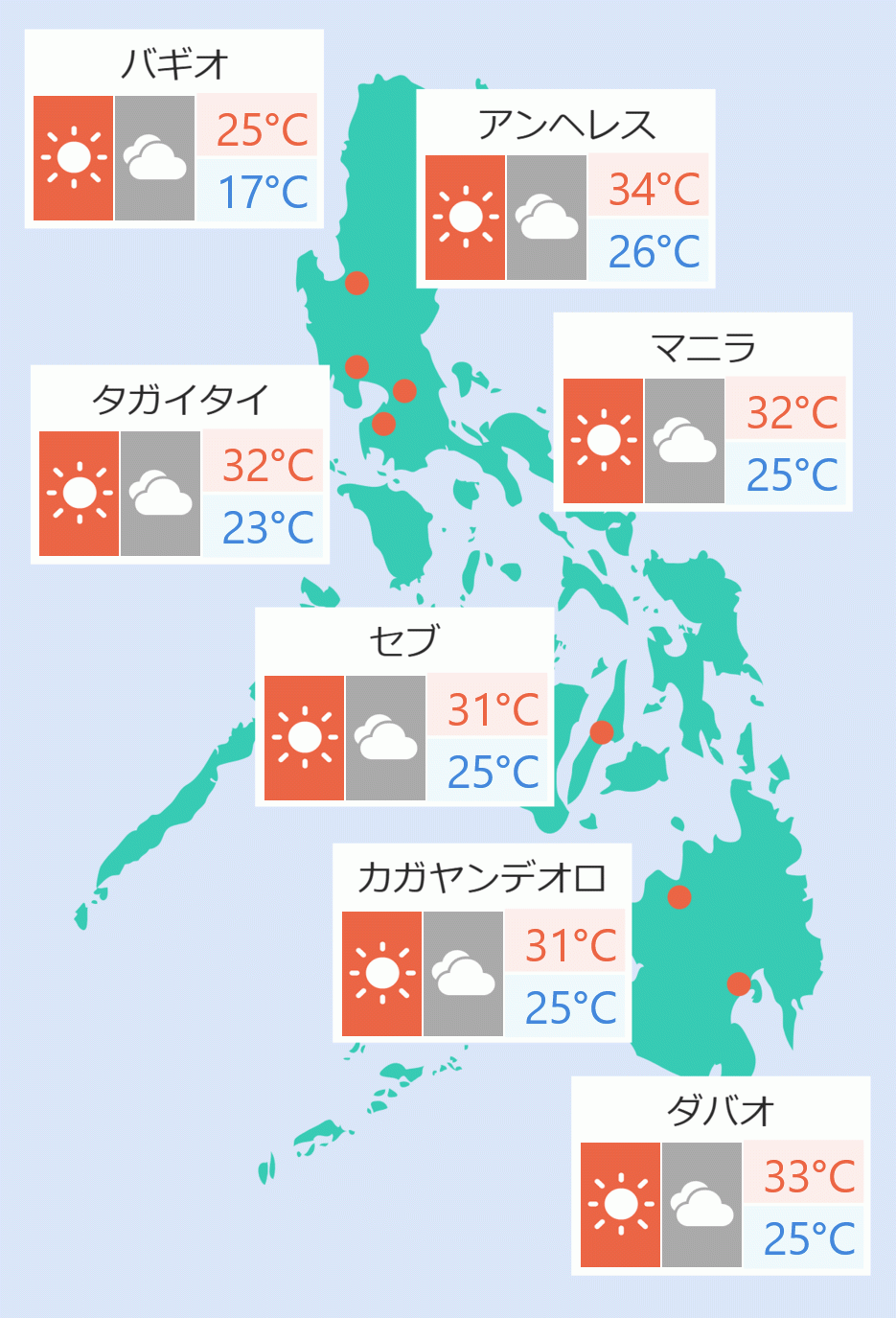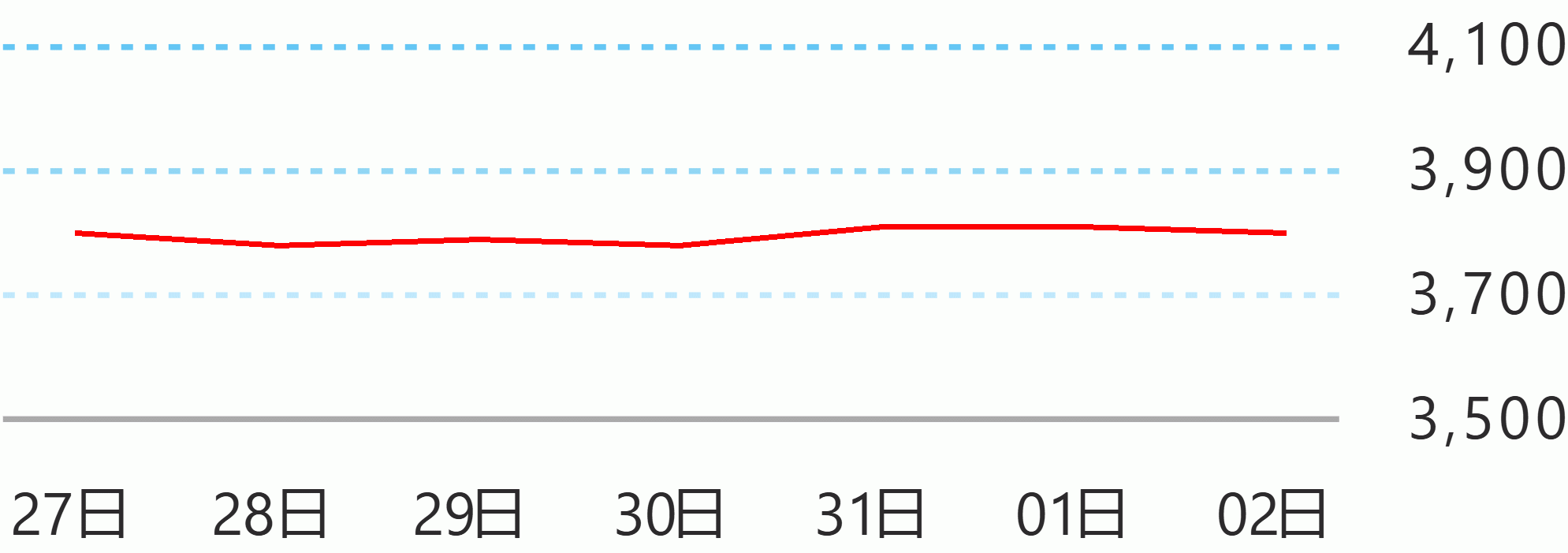Moody’s Ratings (Moody’s) affirmed Friday the Philippines' investment-grade credit rating of “Baa2” with a “stable” outlook.
The credit rating agency cited as key factors the country’s reforms to liberalize the economy, fiscal consolidation efforts, and robust macroeconomic fundamentals.
According to Moody’s, “The passage of reforms over the past several years to liberalize the Philippine economy will support medium-term growth potential by supporting a business-friendly environment and attracting foreign investments.”
During the second quarter, the Philippine Statistics Authority reported a 6.3 percent year-on-year gross domestic product (GDP) growth. Foreign direct investment (FDI) net inflows from January to May increased by 15.8 percent to $4 billion, compared to $3.5 billion during the same period in 2023.
Moody’s expects FDI inflows to continue rising in 2024-2025. These inflows will be driven by strong investor interest in the energy, manufacturing, and information and communications sectors.
It also noted the Marcos administration’s goal of increasing infrastructure investments at 5 percent of GDP annually under the “Build Better More” initiative, which will reduce the country’s infrastructure gap.
In response, Bangko Sentral ng Pilipinas Governor Eli M. Remolona, Jr. said, “The BSP welcomes Moody’s affirmation of the country’s investment-grade rating, even as we work with the government to improve the country’s ratings. We are taking a measured approach in safeguarding price stability conducive to sustainable economic growth.”
The stable outlook reflects a balance of risks. Upward credit pressure could come from improved fiscal metrics, strong growth, and higher public and private investments, while downward risks include external challenges that could weaken consumption and investment or ineffective reforms.
An investment-grade rating signifies low sovereign risk, helping the country secure cheaper funding and redirect funds from interest payments to social programs and projects. Bangko Sentral ng Pilipinas





 English
English










